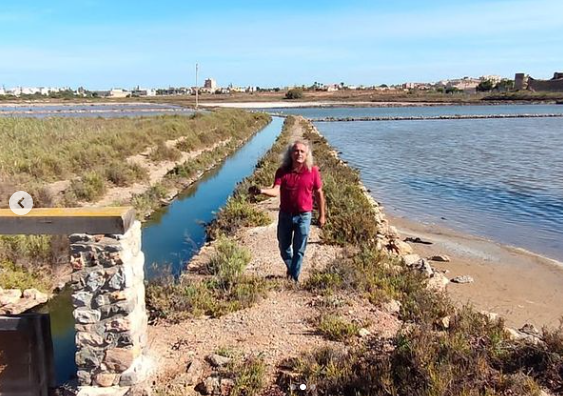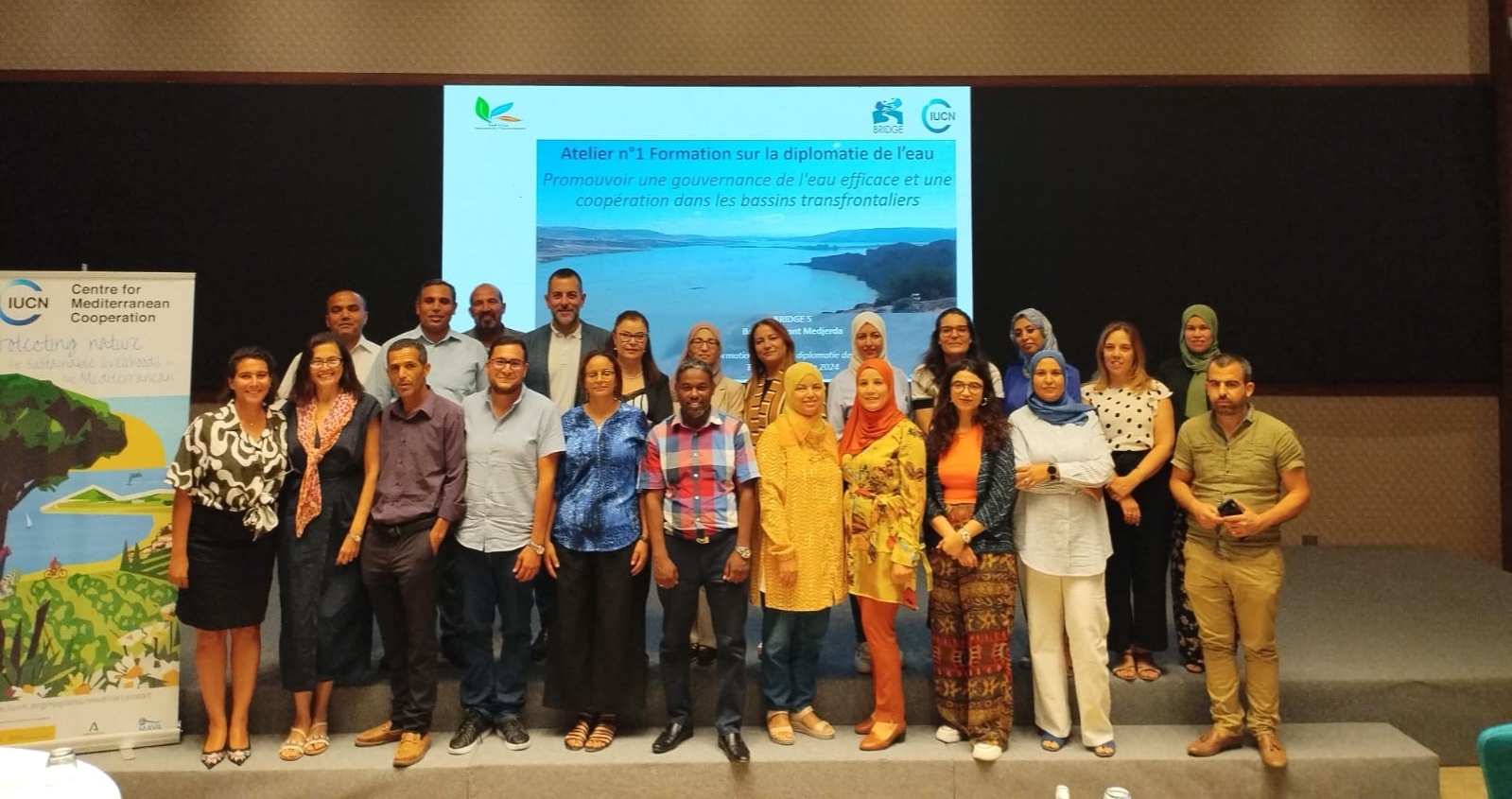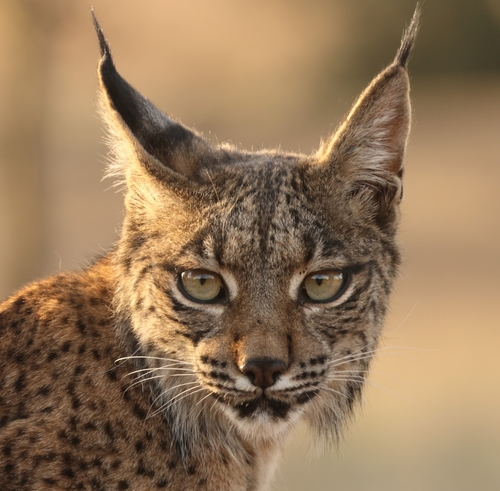Design of an ecotourism itinerary in Cádiz with the MEET Network
In the last century, the abandonment of salt production in many Mediterranean salinas has led to the decline of natural ecosystems and the rich biodiversity they host. Exploring different low-impact activities is considered an effective strategy to help sustain the landscape, preserve traditional knowledge and create jobs.
As part of the MEET Network and in the framework of MedArtSal, IUCN is working to design an ecotourism package which promotes the unique landscape of Mediterranean salinas in the Bahía de Cádiz NP.
MEET is an association - born thanks to the initative of IUCN-Med and several other Mediterranean partners - to connect protected areas who want to engage in developing and commercialising low-impact ecotourism experiences. As a result, a specific methodology to create ecotourism experiences has been developed and several commercial partnerships have been established.
In the Bahía de Cádiz NP, IUCN is applying the MEET model and exploring the most attractive goods and services for sustainable ecotourism.
Funded by the ENI CBC Med programme ( European Neighbourhood Instrument for Cross-Border Cooperation), MedArtSal aims to promote the sustainable development of artisanal Salinas, providing concrete support on economic, environmental and governance issues. By addressing common challenges in four Mediterranean regions (Italy, Spain, Lebanon and Tunisia), is promoting the development of a sustainable and adaptable management model fostering the territorial valorisation of artisanal salinas.
Link to project description on IUCN’s website:
https://www.iucn.org/our-work/projects/sustainable-management-model-mediterranean-artisanal-salinas
For further enquiries, please contact Helena Clavero: helena.clavero@iucn.org





